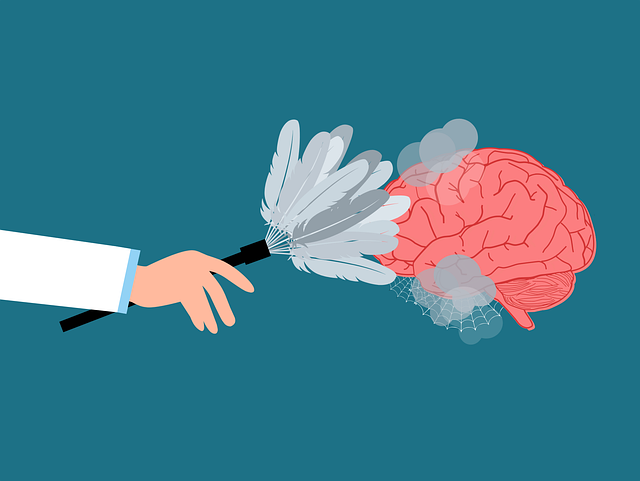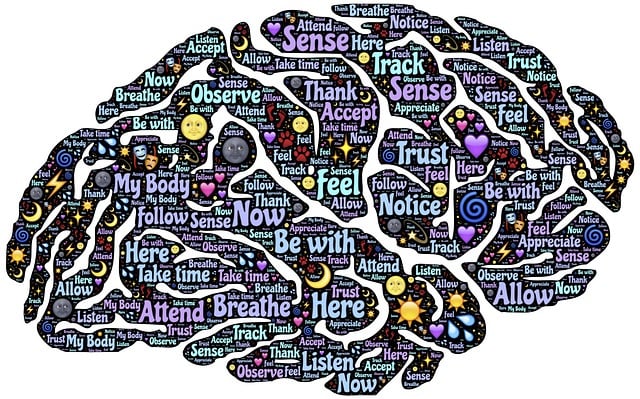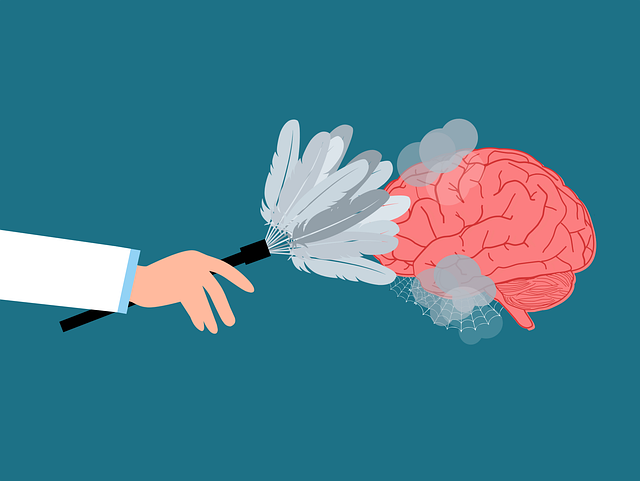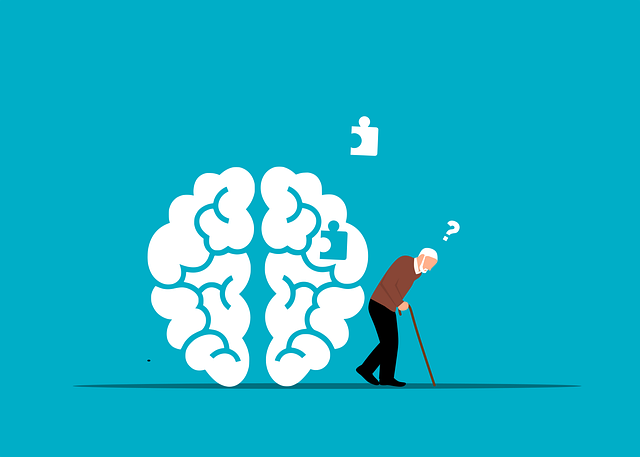Golden Chronic Pain Therapy offers a revolutionary approach to managing chronic pain by integrating emotion regulation strategies, addressing the mind-body connection. This holistic method combines medical interventions with psychological techniques like mindfulness, cognitive reframing, and Acceptance and Commitment Therapy (ACT). Through structured programs, cultural competency training, and self-care routines, individuals gain tools to overcome chronic pain, enhance mental health, and build resilience, ultimately improving their overall well-being.
Emotion regulation techniques are powerful tools for navigating life’s challenges, especially in managing chronic pain. This comprehensive guide explores various strategies to unlock emotional resilience and find inner peace. We delve into understanding the core concepts of emotion regulation, including mindfulness practices proven effective in chronic pain therapy. Discover cognitive reframing, Acceptance and Commitment Therapy (ACT), and practical daily tools for cultivating emotional well-being. Uncover the golden path to managing pain and enhancing your overall quality of life.
- Understanding Emotion Regulation: Unlocking the Power Within
- The Role of Mindfulness in Chronic Pain Management
- Cognitive Reframing: Challenging Negative Thoughts
- Acceptance and Commitment Therapy (ACT): Embracing Life with Flexibility
- Practical Tools for Daily Life: Cultivating Emotional Resilience
Understanding Emotion Regulation: Unlocking the Power Within

Emotion regulation is a vital skill that empowers individuals to manage their feelings effectively, leading to improved mental health and overall well-being. It involves recognizing, understanding, and responding to emotions in healthy ways, enabling people to navigate life’s challenges with resilience. By learning these techniques, folks can unlock the power within them to overcome difficulties, such as chronic pain, that might otherwise hold them back.
Golden Chronic Pain Therapy offers a transformative approach to managing persistent pain by integrating emotion regulation strategies into treatment plans. This holistic method considers the intricate link between physical discomfort and emotional states, addressing both simultaneously. Through mental health policy analysis and advocacy, this therapy promotes mood management and boosts confidence, providing individuals with tools to take control of their lives.
The Role of Mindfulness in Chronic Pain Management

Chronic pain management often involves a complex interplay of medical interventions and psychological strategies, with mindfulness emerging as a key player in this process. This ancient practice has gained significant traction in modern healthcare, particularly as the Golden Chronic Pain Therapy, offering individuals effective tools to navigate their physical discomfort. By focusing on the present moment and cultivating non-judgmental awareness, mindfulness helps patients disengage from negative thought patterns associated with pain.
The integration of mindfulness techniques into treatment plans can be facilitated through Healthcare Provider Cultural Competency Training, ensuring professionals are equipped to guide patients. Mind over matter principles, fostered through regular practice, empower individuals to develop a deeper understanding of their bodies and minds. Additionally, Stress Management Workshops Organization provides structured environments for learning and skill-building, allowing participants to master mindfulness as a valuable asset in their chronic pain management arsenal.
Cognitive Reframing: Challenging Negative Thoughts

Cognitive Reframing is a powerful tool within Golden Chronic Pain Therapy that focuses on challenging and changing negative thought patterns. It’s a process where individuals learn to recognize and question their automatic negative thoughts, often associated with chronic pain, which can significantly impact mental health. By reframing these thoughts, one can transform them from debilitating to more adaptive and balanced perspectives. This technique encourages folks to look at the bigger picture, consider alternative explanations, and acknowledge that negative thoughts are not always accurate or helpful.
This approach is particularly beneficial for managing stress and burnout, which are common issues in today’s fast-paced world. Public Awareness Campaigns Development can play a vital role in educating people on the importance of self-care routines for better mental health, and cognitive reframing is a key component of such self-care strategies. By learning to manage and reframe negative thoughts, individuals can develop resilience, enhance coping mechanisms, and improve their overall well-being, even amidst chronic pain challenges.
Acceptance and Commitment Therapy (ACT): Embracing Life with Flexibility

Acceptance and Commitment Therapy (ACT) offers a powerful approach to emotion regulation by encouraging individuals to embrace life with flexibility and psychological flexibility. This therapy challenges the traditional struggle against negative emotions, instead advocating for acceptance as a cornerstone of well-being. By fostering self-awareness exercises, ACT helps individuals recognize and understand their thoughts and feelings without judgment. This process facilitates resilience building and boosts confidence in navigating life’s ups and downs.
The Golden Chronic Pain Therapy, a facet of ACT, focuses on helping people living with chronic pain manage their emotions effectively. Through various techniques, individuals learn to detach from negative thought patterns associated with pain, enabling them to live more fully. By cultivating mindfulness and embracing flexibility, ACT empowers individuals to make meaningful choices aligned with personal values, enhancing overall quality of life.
Practical Tools for Daily Life: Cultivating Emotional Resilience

Emotion regulation techniques are practical tools that can significantly enhance daily life and promote mental wellness. By learning to cultivate emotional resilience, individuals can better navigate the ups and downs of life with greater ease. These skills are invaluable for managing stress, anxiety, and even chronic pain—areas where the Golden Chronic Pain Therapy has shown remarkable success in its podcast series production.
Incorporating self-care practices into daily routines fosters inner strength development, enabling people to respond to challenging situations with more balance and clarity. Simple yet powerful techniques such as mindfulness meditation, deep breathing exercises, and cognitive reframing can help individuals gain a deeper understanding of their emotions, leading to improved emotional intelligence and overall well-being.
Emotion regulation techniques offer a powerful toolkit for managing chronic pain and enhancing overall well-being. By understanding and unlocking the power of our internal processes, as discussed in this article, we can navigate life’s challenges with greater flexibility and resilience. From mindfulness practices to cognitive reframing and ACT, these evidence-based approaches provide practical solutions for cultivating emotional balance. Integrating these techniques into daily routines can significantly improve chronic pain management, fostering a more fulfilling and adaptable lifestyle. This golden path to therapy empowers individuals to take control of their emotions, ultimately leading to a brighter and more manageable future.














